Why Leicester chose to sack Steve Cooper and the ex-Man Utd manager who might replace him
Steve Cooper to Leicester was the managerial appointment that should never have happened, so it is no surprise that his tenure ended after just fifteen games.
There is guilt on both sides. Although Cooper was keen to return to the dugout after six months away, he gave himself no margin for error by moving to Leicester. Sure enough, he’s barely lasted five months, and it feels grimly appropriate that his final game should come against Enzo Maresca, who left Leicester for Chelsea last June. Maresca’s men won 2-1 at the King Power Stadium on Saturday in another battle day for Cooper.
A former manager of Nottingham Forest was always going to be treated with suspicion by fans of their rivals in the East Midlands, especially one who was as well-liked as Cooper was at the City Ground. Because Maresca, rather than Cooper, had led Leicester to promotion before leaving for Chelsea, Cooper could not rely on any residual goodwill from players or supporters in difficult times. Both the Leicester team and the fanbase are notoriously difficult to impress.
Even Brendan Rodgers, who led Leicester to two trophies and consecutive fifth-place finishes, was not loved by supporters even before his reign fell apart in the final season. In that respect, Cooper was behind the eight ball from the moment he signed.
Cooper has had to coach a side built largely for Maresca, whose departure took everyone by surprise, and operate in the Premier League rather than the Championship. After working for such a ruthless boss in Evangelos Marinakis, Cooper may have thought life at Leicester would be much easier. He was wrong.
The football structure at the King Power Stadium, overseen by an all-powerful director of football in Jon Rudkin, caused moments of frustration for both Maresca and Rodgers, two of Leicester’s best coaches of the modern era.
Leicester have parted ways with manager Steve Cooper after just fifteen games
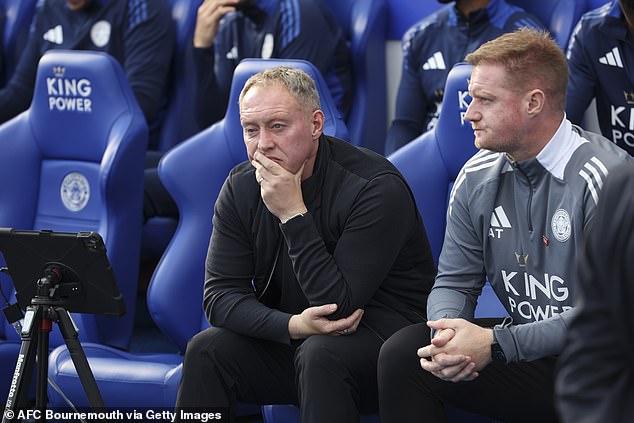
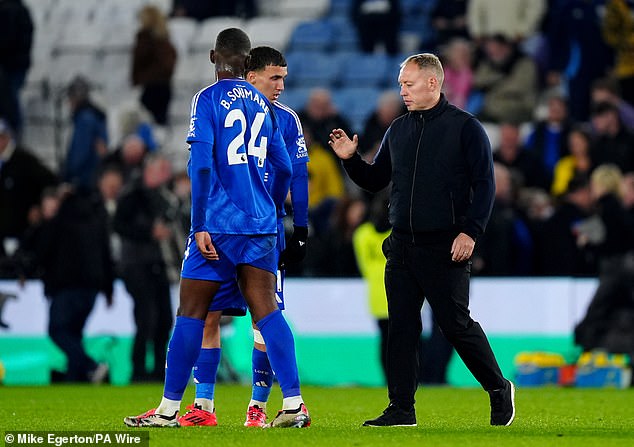
A smarter operation would never have appointed Cooper, for exactly the reasons the Welshman should have thought twice before accepting the role.
Irritated by Graham Potter’s unwillingness to commit to the job and reluctant to pay the £4 million release clause for West Brom coach Carlos Corberan, Leicester switched to Cooper after weeks of discussions. Leicester tried to appoint Potter in 2023 and last summer. Will it be third time lucky? Ruud van Nistelrooy also pushed for the job last summer and left Manchester United with an improved reputation.
There were problems for the Cooper regime from the start. Coaches and players were unimpressed with the quality of hotels during the pre-season tour of Germany, with the quality of air conditioning and poor WiFi connection among the complaints.
Things were little better in other areas: Cooper needed a centre-forward and although there were deals for Panathinaikos striker Fotis Ioannidis and Adam Hlozek from Bayer Leverkusen, Ioannidis stayed put and Hlozek moved to Hoffenheim. With Patson Daka injured until Saturday’s match, Jamie Vardy – who turns 38 in January – was the only fit striker Cooper relied on.
No analysis of Leicester is complete without discussing their greatest player. Still on the training pitch at 8.30am, extremely committed to his recovery and still swears by his pre-match routine of cheese omelettes, espresso and Red Bull.
If Vardy, in football parlance, ‘has’ a Leicester manager, life is considerably easier for the man in the dugout than if he isn’t. In his 12-year Foxes career, Vardy has seen eight full-time managers come and go and his legacy over that period is unparalleled.
Cooper knew this and did his best to get Vardy on side. After Vardy scored in the 1–1 draw against Tottenham on 19 August, Cooper claimed he was ready to rule out the captain due to injury, but Vardy insisted he would play through the pain barrier. In interviews that evening, Cooper repeatedly said Vardy was ‘the most important man here’.
Vardy never publicly questioned Cooper and his performances in a struggling side – four goals in 11 games – brooked little discussion. However, the general feeling is that a large part of the team was never sold. Although many people liked Cooper personally, they were not convinced by his tactics and training methods, the feeling sessions lasted too long and the plans lacked the clarity of Maresca’s.
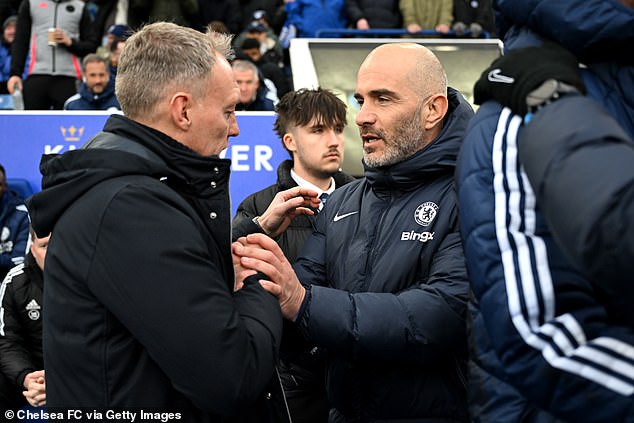
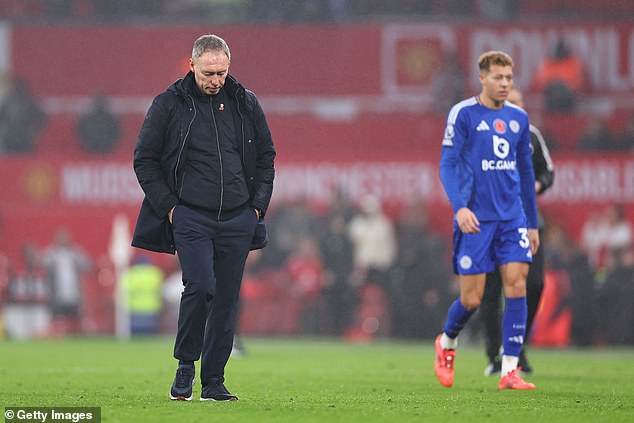
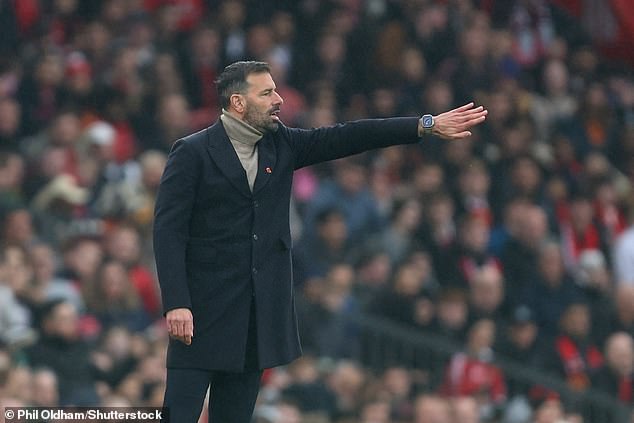
Leicester scored in every game bar one, but they were chaotic at the back. They conceded 210 shots in twelve league games, a significant number of which came from dangerous positions. Cooper’s inability to make them more durable helped in cooking his goose.
Cooper was fiercely critical of referees and while that was the norm at Forest, owned by the volatile Evangelos Marinakis, such matters are approached differently at Leicester. This is believed to have caused some inconvenience behind the scenes.
Jannik Vestergaard was such a key figure under Maresca that he was rewarded with a new three-year contract in June, not long before Cooper was appointed. After the start of the season under Cooper, the Dane has largely been moved to the margins. Read into it what you want.
If Cooper has time to think, he will surely accept that this was a job he had to avoid. He remains a great coach and he will be back.
If Forest are now doing well in the top half of the table, Cooper deserves a lot of credit. He led them to promotion in 2022 after taking charge when they were bottom of the Championship eight months earlier, and kept them afloat in hugely difficult circumstances the following year.
His work with Swansea and the England age groups also means Cooper will be courted again by upwardly mobile clubs.
Likewise, the Leicester side need to take a look in the mirror. They may never have adopted Cooper’s methods, but if they thought they could play Guardiola-lite football in the Premier League like they do in the Championship, they are foolish.
Just look at Burnley, who tried to do the same under Vincent Kompany and are now back in the second tier. Cooper has made plenty of mistakes, but it’s also time for certain players to leave their egos at the door if they don’t want to follow the same path.
